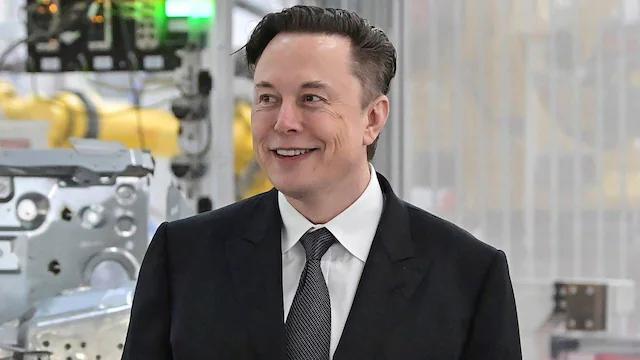
Not many can do hard physical work in US: Musk on mechanic vacancies despite ₹1-cr offer
The recent comments made by billionaire Elon Musk on the lack of skilled mechanics in the US have sparked a heated debate on social media. The discussion began when Ford CEO Jim Farley mentioned that the automaker’s dealerships have 5,000 mechanic vacancies, despite offering a lucrative annual salary of $1,20,000 (approximately ₹1 crore). Musk’s response to this revelation has left many people questioning the state of the American workforce and the willingness of individuals to take on physically demanding jobs.
Musk’s statement, which was posted on his social media account, reads, “America has a major shortage of people who can do challenging physical work or who even wish to train to do so.” This comment has been met with criticism from several users, with one person calling it “ludicrous.” The backlash against Musk’s statement suggests that many people disagree with his assessment of the situation and believe that there are other factors at play.
One of the primary concerns raised by critics is that Musk’s comment oversimplifies the issue of mechanic vacancies in the US. While it is true that some jobs may require physical labor, it is not entirely accurate to attribute the shortage of skilled mechanics to a lack of willingness to do hard work. Many factors contribute to the scarcity of skilled workers in the automotive industry, including a lack of training programs, inadequate compensation, and limited opportunities for career advancement.
Moreover, the idea that people are not willing to do physically demanding work is not entirely supported by evidence. Many industries, such as construction, manufacturing, and healthcare, require workers to perform physically demanding tasks, and yet, these sectors continue to attract workers. This suggests that the issue of mechanic vacancies may be more complex than a simple lack of willingness to do hard work.
Another point of contention is that Musk’s comment seems to ignore the role of automation and technological advancements in the automotive industry. With the increasing use of automated systems and artificial intelligence, many jobs that were previously done by human mechanics are now being performed by machines. This shift towards automation may be a contributing factor to the shortage of skilled mechanics, as the demand for human labor decreases.
Furthermore, Musk’s statement has been criticized for being elitist and out of touch with the realities of the working class. The idea that people are not willing to do hard work because they are not motivated or lack the necessary skills is a narrative that has been used to blame workers for the failures of the economy. This perspective ignores the fact that many people are struggling to make ends meet and are willing to work hard to provide for their families, but are often hindered by systemic barriers such as lack of access to education and training, poor working conditions, and inadequate compensation.
In addition to the criticism, some people have also come to Musk’s defense, arguing that his comment highlights a real issue in the US workforce. They point out that many young people are not interested in pursuing careers in trades such as mechanics, and instead opt for jobs that are less physically demanding. This, they argue, has led to a shortage of skilled workers in industries that require manual labor.
While there may be some truth to this argument, it is essential to consider the broader context and the various factors that contribute to the shortage of skilled mechanics. Rather than simply blaming the lack of willingness to do hard work, it is crucial to address the underlying issues, such as inadequate training programs, poor working conditions, and limited opportunities for career advancement.
In conclusion, the debate sparked by Musk’s comment on the shortage of skilled mechanics in the US highlights the complexity of the issue. While some people may agree with Musk’s assessment, others have criticized his statement for oversimplifying the problem and ignoring the various factors that contribute to the shortage of skilled workers. Ultimately, addressing the issue of mechanic vacancies will require a nuanced approach that takes into account the multiple factors at play, including the need for adequate training programs, fair compensation, and safe working conditions.
As the discussion continues, it is essential to consider the perspectives of all stakeholders, including workers, employers, and policymakers. By working together to address the underlying issues, we can create a more sustainable and equitable workforce that provides opportunities for people to pursue careers in trades such as mechanics.
News source: https://x.com/elonmusk/status/1990125395748802705






